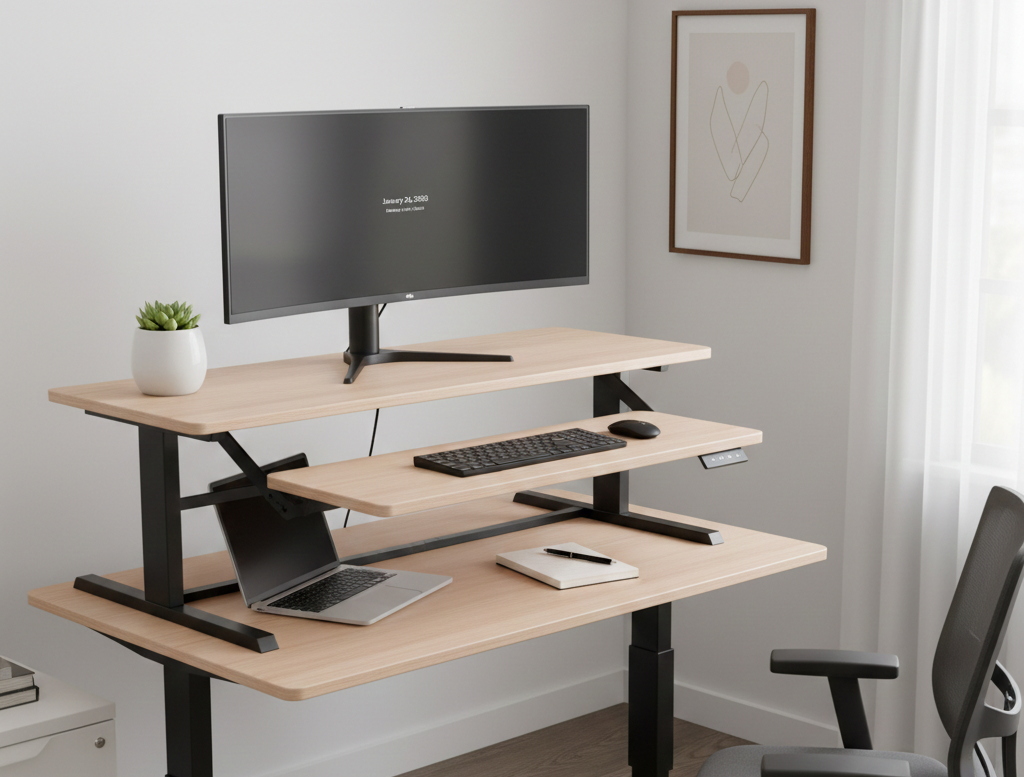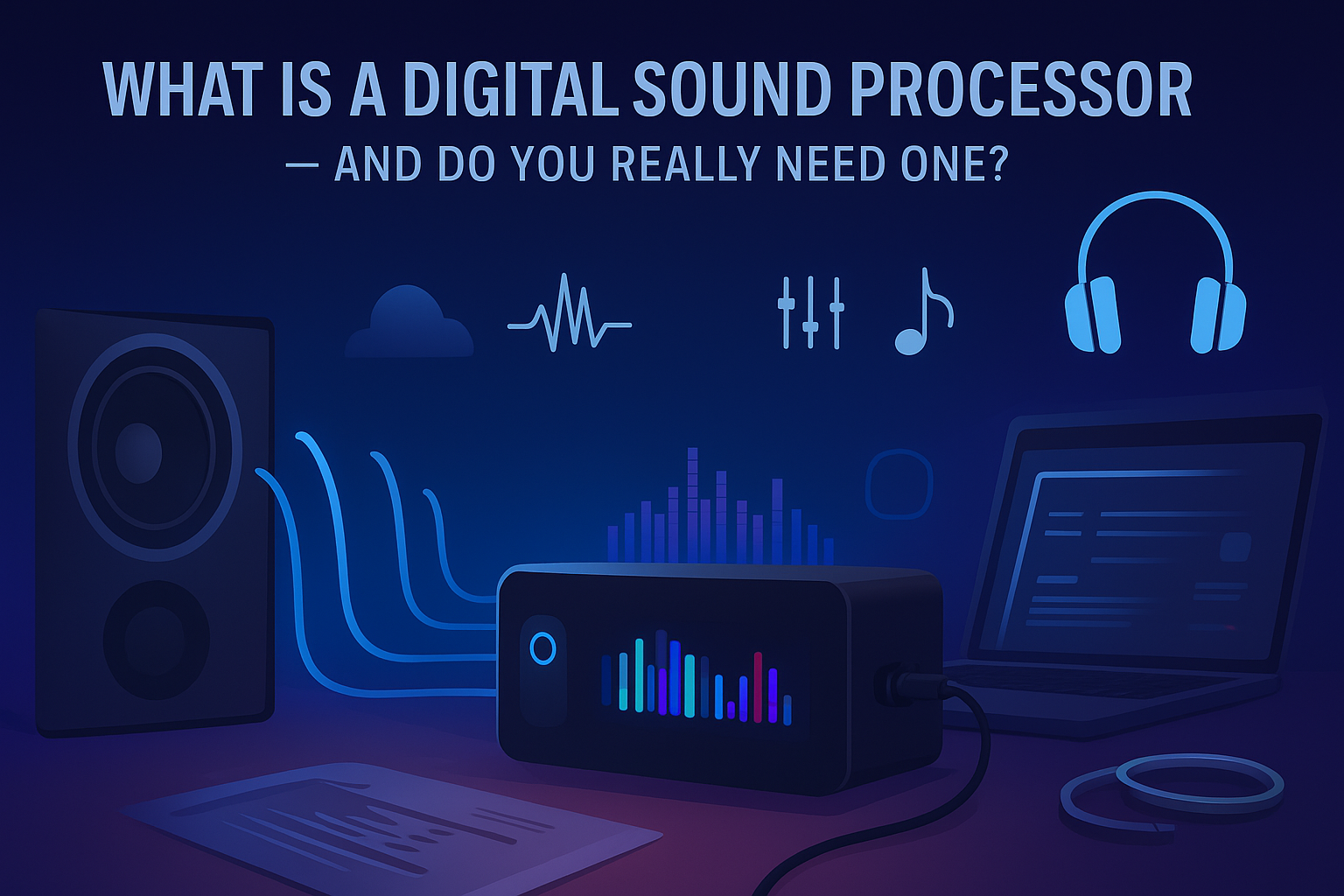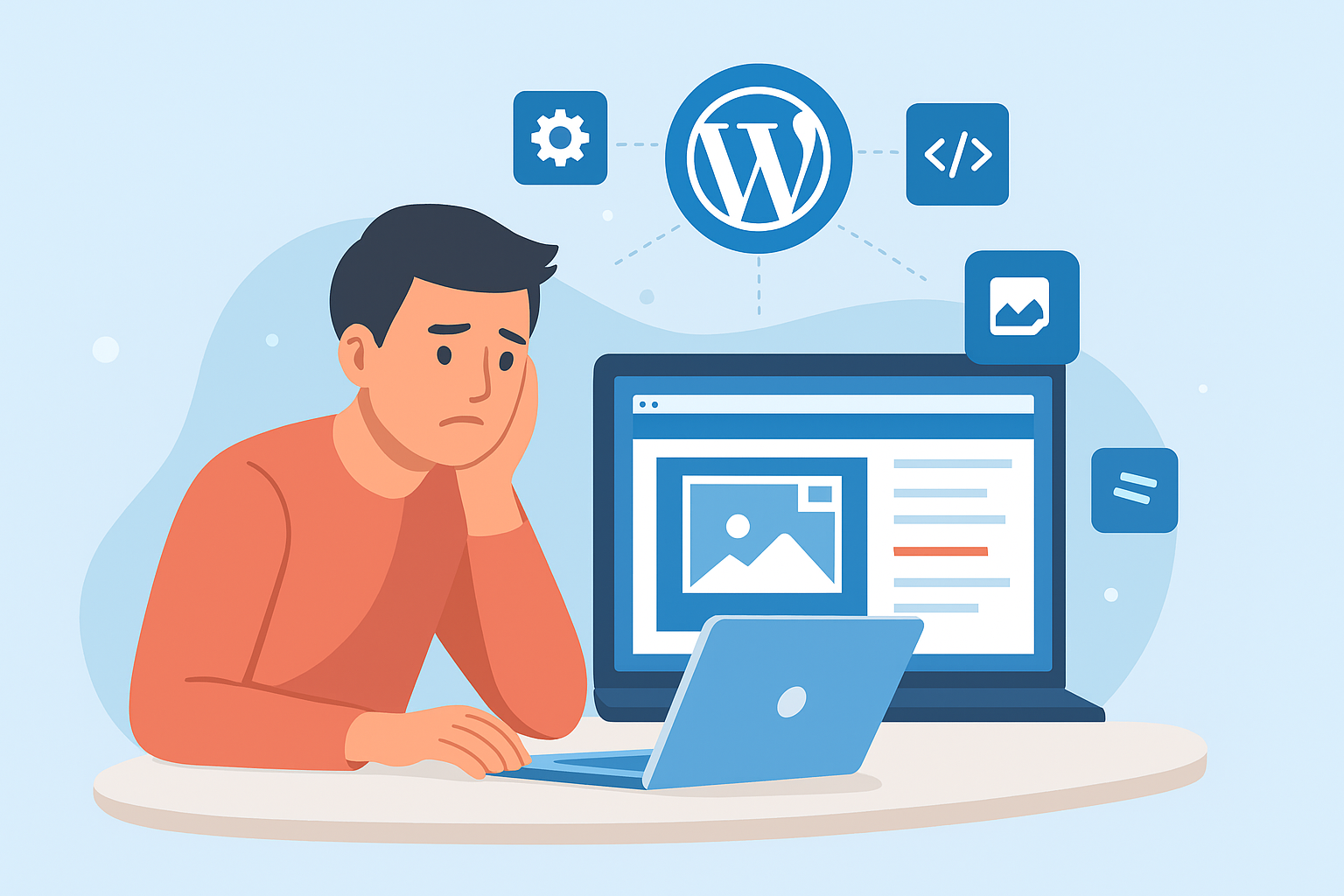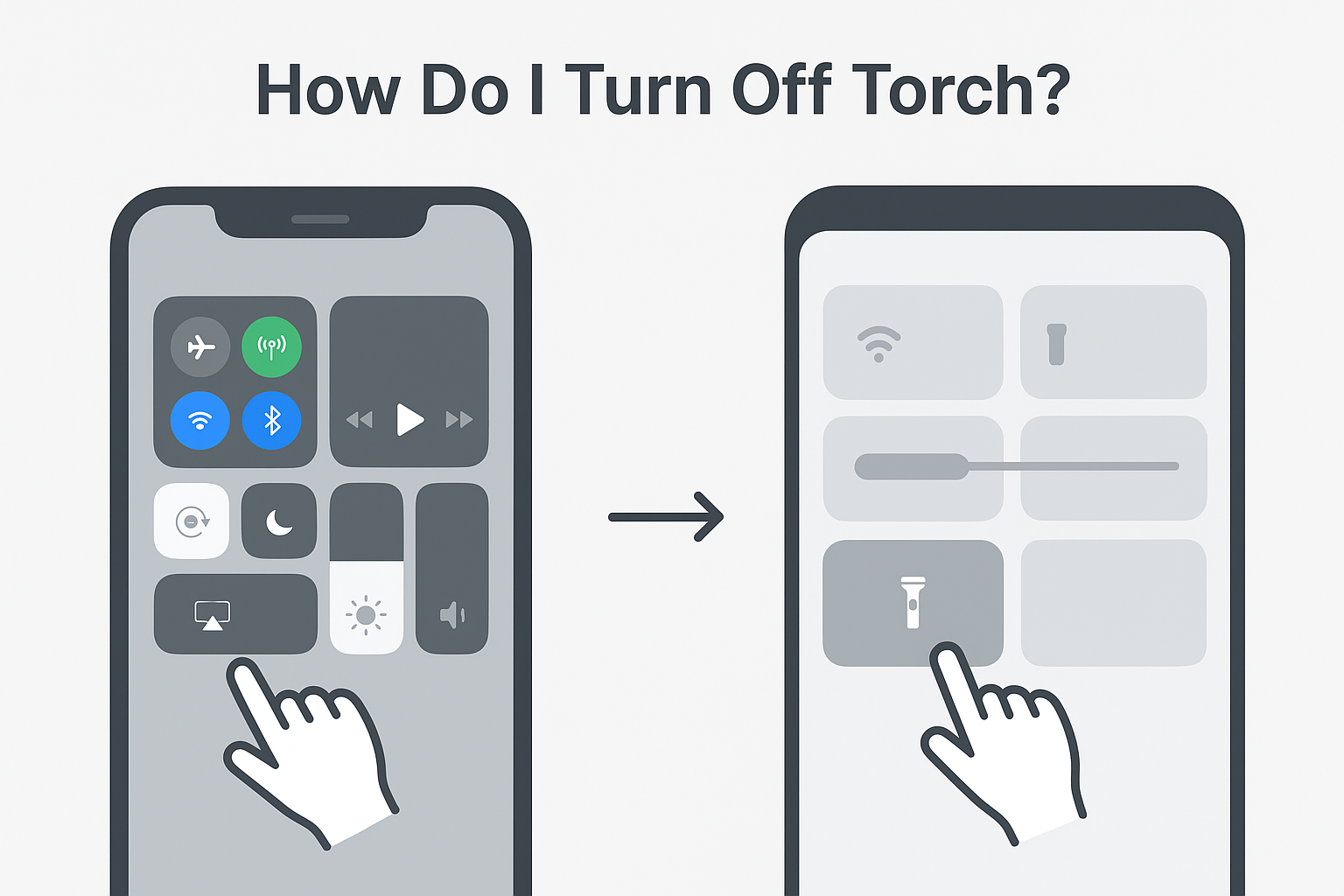If you’ve ever wondered why your favorite song sounds amazing in one setup but flat in another, the answer often comes down to sound processing. That’s where a digital sound processor (DSP) comes in. From car audio systems to home theaters and professional studios, DSPs are the secret tool behind clear, balanced, and powerful sound. But what exactly is a digital sound processor, and do you really need one? Let’s break it down.
What Is a Digital Sound Processor?
A digital sound processor is an audio device that takes raw sound signals and modifies them to improve clarity, balance, and precision. Unlike a simple amplifier or equalizer, a DSP analyzes audio in real time, adjusting frequencies, timing, and output to create the best possible listening experience.
At its core, a DSP is built on digital signal processor technology — a type of microprocessor designed to manipulate digital data at high speeds. In audio, this means cleaner vocals, tighter bass, and immersive surround effects.
Think of a DSP as the brain of your audio setup, optimizing sound so you hear music, movies, or podcasts the way they were meant to be heard.
How Does DSP Audio Work?
When you play music through a car stereo, headphones, or speakers, the sound waves first pass through a chain of processing. A digital sound processor steps into that chain, performing tasks such as:
- Equalization (EQ): Adjusting bass, mid, and treble frequencies.
- Time Alignment: Ensuring all speakers (especially in cars) project sound at the same moment so audio doesn’t feel “off.”
- Crossover Filtering: Directing specific frequency ranges to the right speakers (e.g., bass to subwoofers, vocals to mids).
- Noise Control: Reducing unwanted sounds or distortion.
In simpler words: DSP takes raw audio and refines it until it sounds polished.
Digital Sound Processor vs Digital Signal Processor
Here’s where confusion often happens. A digital signal processor is a type of chip used in many technologies — from smartphones to cameras and medical devices. A digital sound processor, on the other hand, is a specialized use of DSP tech focused only on audio.
So, every digital sound processor is a digital signal processor, but not every DSP chip is designed for sound.
Car Audio DSP Processors: Why They Matter
If you’re serious about car audio, you’ve probably heard of a car audio DSP processor. Cars are notoriously difficult environments for sound. Uneven speaker placement, reflective surfaces like glass, and road noise can ruin audio quality.
A car audio DSP solves these problems by:
- Correcting speaker delay with time alignment.
- Fine-tuning EQ so vocals don’t get lost behind bass.
- Adapting sound for different cabin shapes and sizes.
- Allowing custom profiles for genres (rock, hip-hop, podcasts).
This is why car enthusiasts often upgrade their systems with a DSP — it transforms music from “just okay” to concert-level clarity.
DSP in Home Theaters and Studios
A digital sound processor isn’t just for cars. In home and studio setups, DSP powers technologies you already use daily:
- Home Theaters: DSP makes surround sound and Dolby Atmos possible by controlling how audio moves across multiple speakers.
- Soundbars: Even small speakers can simulate cinematic sound with DSP audio tricks.
- Recording Studios: Producers use DSP to clean, balance, and master tracks with precision.
In short, DSP audio is the invisible hand shaping how you experience entertainment.
What Is a Signal Processor in Audio?
A signal processor is a broader term that covers any device that alters sound signals. Analog equalizers, compressors, and reverb units are all signal processors.
The difference is that a digital sound processor uses software-driven digital calculations instead of analog hardware. This makes it faster, more flexible, and more precise.
Benefits of Using a Digital Sound Processor
So why do people invest in a DSP? Here are the top benefits:
- Better Clarity: Speech and vocals become sharper.
- Balanced Sound: No more overwhelming bass or weak treble.
- Custom Tuning: Adjust sound for music genres, movies, or podcasts.
- Speaker Protection: Prevents distortion or damage from unbalanced frequencies.
- Immersive Audio: Creates a richer, more realistic listening experience.
Do You Really Need a DSP?
Not everyone needs a digital sound processor — but if you care about high-quality sound, it’s a game-changer.
- Casual Listeners: If you’re happy with stock headphones or built-in TV speakers, you may not notice much difference.
- Car Audio Enthusiasts: A DSP is almost essential for creating balanced, professional-quality sound in a car cabin.
- Home Theater Owners: A DSP enhances movies, sports, and gaming with surround effects.
- Musicians/Producers: For mastering and precision work, DSP is a must-have.
If sound quality matters to you, a digital sound processor is one of the smartest upgrades.
FAQs About Digital Sound Processors
What is DSP audio?
DSP audio refers to sound that’s processed digitally using a chip or device to optimize clarity, tone, and balance.
Do I need a digital sound processor for my car?
If you want clear, balanced sound in your car, especially with aftermarket speakers or subs, a DSP is highly recommended.
Can DSP improve bass?
Yes. DSP can boost bass without distortion and balance it with other frequencies.
Is DSP better than an equalizer?
Yes. While an EQ adjusts frequencies, a DSP does much more — including time alignment, noise reduction, and crossover control.
Does DSP affect volume?
Indirectly, yes. DSP doesn’t make sound louder, but it makes it clearer, so even at lower volumes audio feels fuller.
Conclusion
A digital sound processor is more than just an accessory — it’s the backbone of modern audio systems. Whether in your car, home theater, or studio, DSP ensures you hear every note, beat, and word with precision. For those who want to elevate their listening experience, investing in a DSP is one of the best moves you can make.











